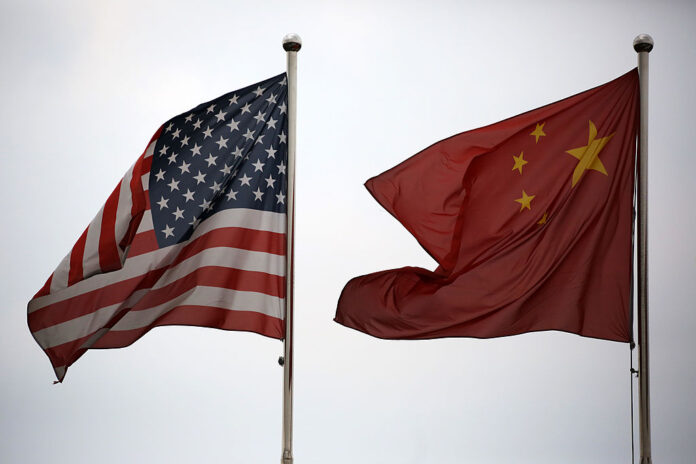Author: Kevin Rudd
Affiliation: President of Asia Society Policy Institute, Former Prime Minister of Australia
Organization/Publisher: Foreign Affairs
Date/Place: August 3, 2020/USA
Type of Literature: Article
Word Count: 4007
Link: https://www.foreignaffairs.com/articles/united-states/2020-08-03/beware-guns-august-asia
Keywords: US-China Relations, South China Sea, Hong Kong, Taiwan, COVID-19
Brief:
The article focuses on the puzzles of US-China relations and the emerging unthinkable consequences. The author refers to the tense situation not just as a New Cold War, but a hot one as well due to signs of an emerging armed conflict between the United States and China, which would be the first conflict after the Korean War. According to Kevin Rudd, the next few months until US elections in November 2020 are crucial because both President Donald Trump and Chinese President Xi Jinping have exploited the intersection of national security imperatives, domestic politics, and crisis management. The basic ingredient of the ongoing tension is the changing balance of military and economic power between the United States and China, which is the cumulative effect of the 2008-9 global financial crisis and Xi’s assertive strategy abroad (both regionally and globally) after getting power in 2013. The changing scenario has placed the leadership into a vulnerable position. Despite internal pressure on Xi due to the trade war and the continuing COVID-19 situation in China, its posture on issues like Hong Kong, Taiwan, and the South China Sea have started to further harden. Rudd is pessimistic about the deep changes underway in the relationship which makes for a dangerous political and strategic cocktail: a weakened Trump, an uncompromising Biden, and an under-pressure Xi ready to pull the nationalist lever. The author suggests that US-Chinese relations require a new framework and long-term strategy based on principles of “managed” strategic competition: political, economic, technological, and ideological competition with mutually understood red-lines, open lines of high-level communication to avoid an accidental escalation, and defined areas of global cooperation where it is mutually advantageous (such as on pandemics and climate change). The author concludes that leaders on both sides should remember that nationalistic jingoism tends to become more muted after the shooting starts. So, they have to safely navigate the next several months, to avoid stumbling into conflict.
By: Razia Wadood, CIGA Senior Research Associate




